Service hotline
+86 0755-83044319
release time:2024-08-31Author source:SlkorBrowse:7300
In the history of China's semiconductor industry, Tsinghua University holds an irreplaceable position. In a sense, Tsinghua can be seen as China's "chip incubator". At least half of China's semiconductor companies have founders or executives who are Tsinghua graduates, and they have had an immeasurable impact on the development of the industry. The growth of Tsinghua-affiliated semiconductor companies reflects the broader advancement of China's semiconductor sector.
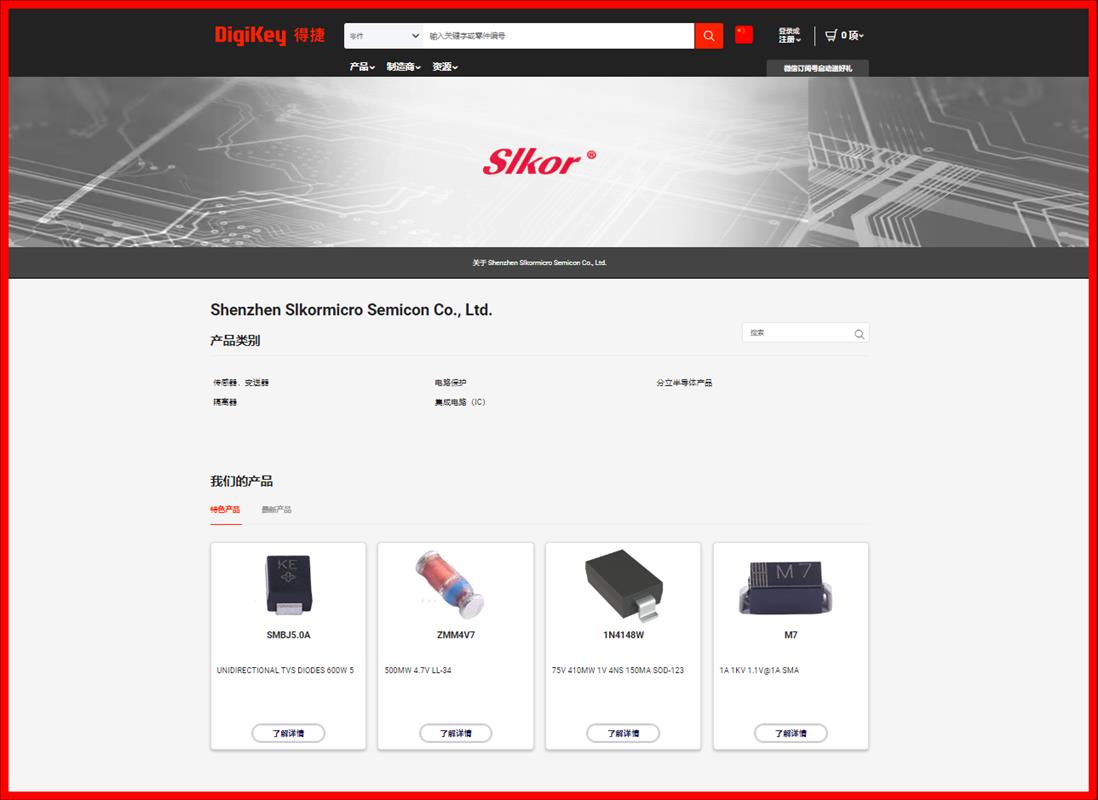
Tsinghua University's Semiconductor Industry Powerhouse
According to the China Semiconductor Industry Association, there are over 30 prominent semiconductor companies linked to Tsinghua University, including top domestic firms like SMIC, Unisoc, GigaDevice, YMTC, Weier, and Qorvo.
Globally, Tsinghua-affiliated firms excel. Unisoc, a Tsinghua A-share semiconductor company, ranked first in AspenCore’s “2024 China IC Design Fabless 100.” Tsinghua-affiliated companies make up half of TrendForce’s top ten IC design firms in China.
Key figures from these companies often have Tsinghua backgrounds. Notable names include:
SMIC: Former Chairman Jiang Shangzhou and current co-CEO Zhao Haijun.
Unisoc: Founders Wu Ping and Chen Datong, and current Chairman Li Bin.
GigaDevice: Founder Zhu Yiming.
Weier: Founder Yu Renrong.
Qorvo: Chairman Zhang Pengfei.
Simgle: Founder Zhao Lixin.
Aquantia: Founder Zhao Lidong.
These leaders span various segments of the semiconductor industry, from design and manufacturing to finance and investment. Their impact is felt across both domestic and international markets.
Tsinghua University's Influence in the Semiconductor Industry
China's semiconductor industry is now well-integrated across the entire supply chain, with Tsinghua University alumni playing pivotal roles in various sectors. Notable Tsinghua-affiliated companies include:
UNISOC: Founded by Wu Ping and Chen Datong in 2000, now a leading 5G chip company globally.
Will Semiconductor: Founded by Yu Renrong in 2007, now a major semiconductor design firm after acquiring OmniVision and Spil.
GigaDevice: Founded by Zhu Yiming in 2009, a leader in memory chips with a significant market share.
GalaxyCore: Established by Zhao Lixin in 2003, leading the global market in CMOS image sensors.
Sensing Microelectronics: Founded in 2001, notable for its smart security chips and high-end automotive domain controllers.
Broadcom Integrated: Founded by Zhang Pengfei in 2005, specializing in wireless communication ICs.
Additionally, Tsinghua-linked ventures include:
SMIC and Huahong Group in chip manufacturing, with prominent Tsinghua alumni involved.
Hua Da Jiutian in EDA tools, led by Yang Xiaodong.
Huahai Qingke in semiconductor manufacturing equipment, founded by former Tsinghua professor Lu Xinchun.
Integration of Industry and Investment: Putting People, Money, and Effort into Semiconductor Development
The semiconductor industry, being highly technology-intensive, relies on continuous capital investment to drive innovation and development. Recent efforts by China to support the sector include launching the third phase of the National Integrated Circuit Industry Investment Fund (Big Fund), which has a registered capital of 344 billion RMB, surpassing the combined total of the first two phases. This fund will be active for 15 years, reflecting the need for patience and long-term commitment in semiconductor investments.
Beyond the Big Fund, patient capital from private equity, venture capital, and bank loans plays a crucial role. Notable players include Wu Yuefeng Capital, Yuanhe Puhua Capital, Zhilu Capital, and Jianguang Asset Management, all of which have made significant contributions to the sector.
Wu Yuefeng Capital has invested in leading semiconductor companies like Zhaoyi Innovation, Wingtech Technology, Beijing Junzheng, and Broadcom Integration. They have also backed RF chip companies such as Chengxin Semiconductor and Ethernet chip firm Jinglue Semiconductor.
Yuanhe Puhua Capital acquired the renowned U.S. image sensor company OmniVision for $1.9 billion in 2016 and has invested in analog and mixed-signal chip firms like Naxin Micro and storage chip company Jiangbo Long.
Zhilu Capital has led investments in global semiconductor equipment companies such as ePAK and Huba Control, as well as in UTAC and AAMI, significant players in packaging and testing.
Jianguang Asset Management has acquired FTDI, a leading USB bridge chip company, and the RF division of NXP to form Anpelong. They also partnered with Zhilu Capital to acquire Nexperia.
Together, Zhilu Capital and Jianguang Asset Management have become the largest investors in China’s semiconductor industry. In 2022, they completed the restructuring of New United Group, creating a comprehensive semiconductor ecosystem under the "New United System," which integrates chip design, testing, equipment, materials, and modules.
Chinese alumni from Tsinghua University have made remarkable contributions to the semiconductor industry, driving both technological and managerial advancements. Their investments and strategic efforts have accelerated technology transfer and industry integration, setting a strong foundation for China's semiconductor sector.
Looking ahead, China’s semiconductor industry is expected to achieve significant breakthroughs in technology and market applications, positioning itself as a major global player.
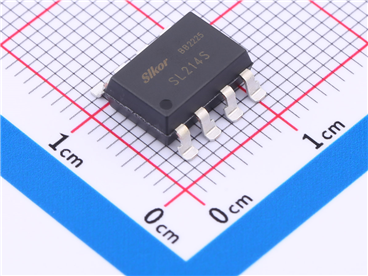
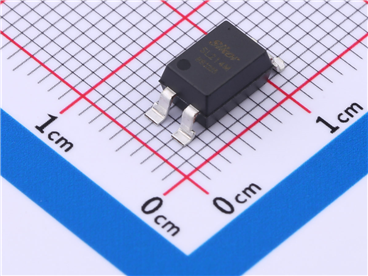
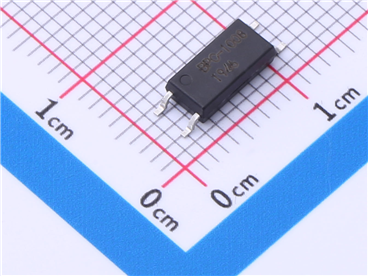
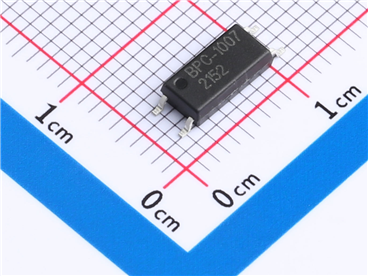
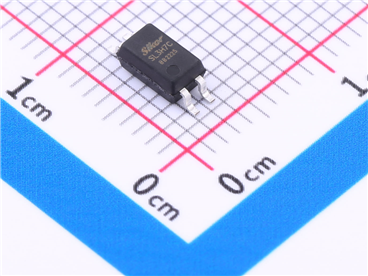

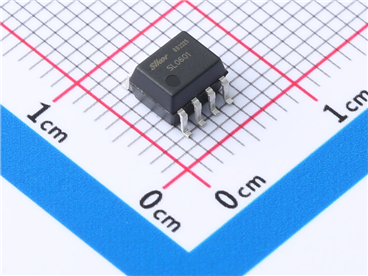


Site Map | 萨科微 | 金航标 | Slkor | Kinghelm
RU | FR | DE | IT | ES | PT | JA | KO | AR | TR | TH | MS | VI | MG | FA | ZH-TW | HR | BG | SD| GD | SN | SM | PS | LB | KY | KU | HAW | CO | AM | UZ | TG | SU | ST | ML | KK | NY | ZU | YO | TE | TA | SO| PA| NE | MN | MI | LA | LO | KM | KN
| JW | IG | HMN | HA | EO | CEB | BS | BN | UR | HT | KA | EU | AZ | HY | YI |MK | IS | BE | CY | GA | SW | SV | AF | FA | TR | TH | MT | HU | GL | ET | NL | DA | CS | FI | EL | HI | NO | PL | RO | CA | TL | IW | LV | ID | LT | SR | SQ | SL | UK
Copyright ©2015-2025 Shenzhen Slkor Micro Semicon Co., Ltd